Adventurous Kate contains affiliate links. If you make a purchase through these links, I will earn a commission at no extra cost to you. Thanks!
I’ve said a few times this year that I haven’t been reading as much as usual. Far less, in fact — as I type this I’ve only read about 30 books, far from my usual 60-80. One reason is that I’ve been working so hard on my new site, New Hampshire Way, and developing new strategies on Adventurous Kate.
I’ve been feeling quite bad about it, to be honest. Reading is one of the ways that I define myself.
That said, I did end up reading five books this year that truly moved me, and I want to share those five with you!
If you’re looking for something cozy to finish out the year, you would be very well served by any of these books. Let’s take a look!
Table of Contents
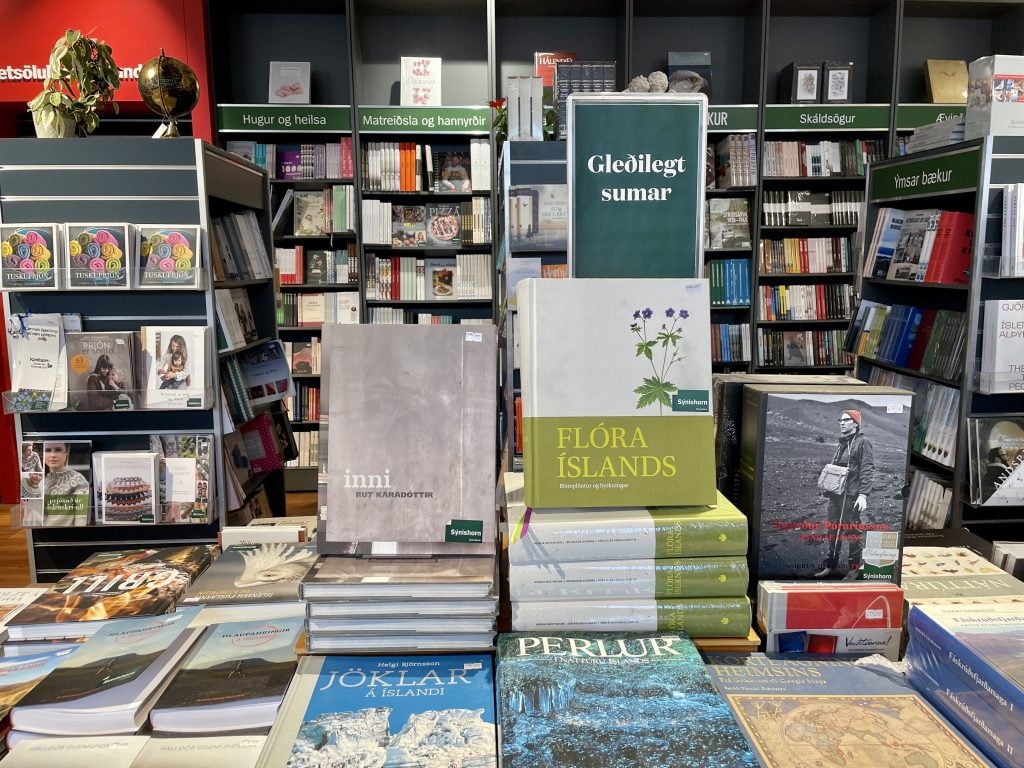
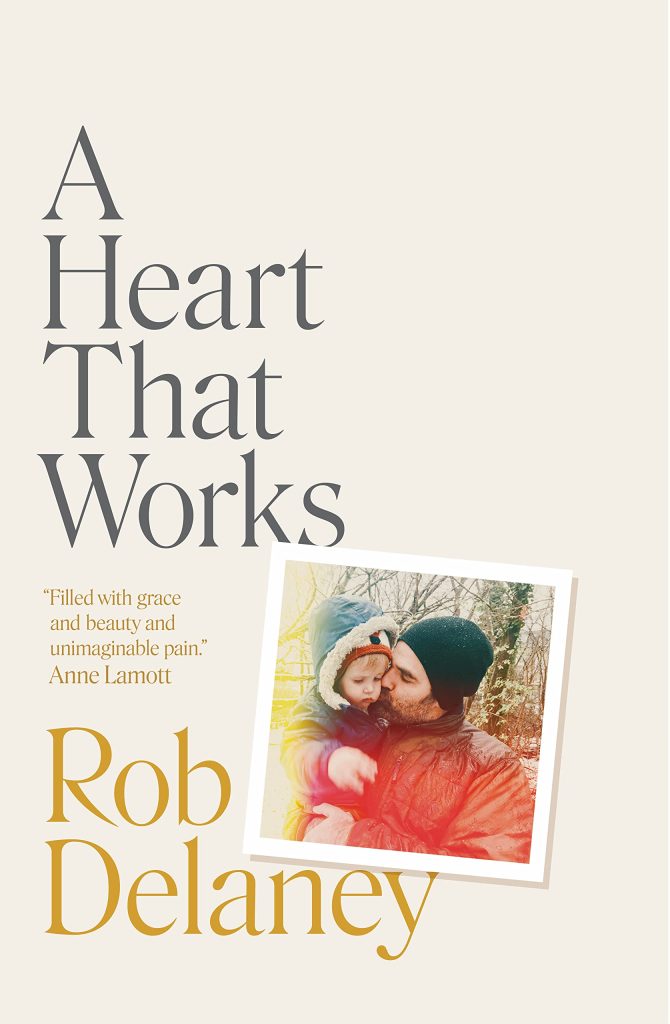
A Heart That Works by Rob Delaney (2022)
One night, soon after, I told one of Henry’s night carers, Rachel, that his cancer had returned and that he was going to die. She yelled, “Oh no! Oh Henry! Oh Jesus Christ, no!” She recoiled from the news like I’d hit her. “No, no, no,” she continued.
“Yes, yes,” I thought. Her response was like water in the desert to me. Rachel was from Nigeria and a mom and a devout Christian. Maybe one or more of those factors explained her response, I don’t know. But it beat the hell out of a lot of the English and American responses Leah and I were getting from people when they heard the news.
Many people are afraid of you when your child is dying. I preach sympathy in lots of situation, but not this one. Perhaps because my sympathy wouldn’t do anything. Life, and death, will kick their own door down soon enough; I don’t really know that a lecture from me on how they’re a coward would help.
So, Rachel, thank you for gasping in pain and sadness when you learned Henry would die. In the years since, I think of it often as the absolute best response I received. It helped me, Rachel.
Yes, scream it from the rooftops. My beautiful baby boy is going to die.
Rob Delaney, A Heart That Works
Actor and comedian Rob Delaney lost his two-year-old son Henry to a brain tumor. A Heart That Works is the story of Henry’s life, Henry’s death, and what it’s like to live with this as a parent.
This is a grief memoir unlike anything I’ve ever read — or that most people have ever read, as a lot of the reviews say. Delaney tells Henry’s story in a circular narrative, going back and forth in time, and his emotions ping back and forth.
It’s incredibly sad, of course. And it’s full of rage. But on top of that, this book is full of moments of hilarity. And that’s one of the main themes of it, I’ve found — how all of these emotions can exist at the same time.
The quote above is something that will stick with me forever. As will be the part where Delaney talks about how he and his wife had sex twice while Henry was having his big surgery. And that he almost didn’t mention that, but you know what? They loved each other. They were scared, and they loved each other, and sometimes love manifests as sex.
(Delaney has since said in interviews that other couples have told him they felt guilty about conceiving another child while their older child was in treatment, because they were worried it would look like they were “having fun” while their child was so sick.)
I don’t think the writers of other grief memoirs are less honest than Rob. But this book shows a unique point of view of grief that I had never seen depicted before. And every page of the book is wrapped up in love for Henry, shining through on every page.
This is my favorite book of 2022. I hope you read it, too.
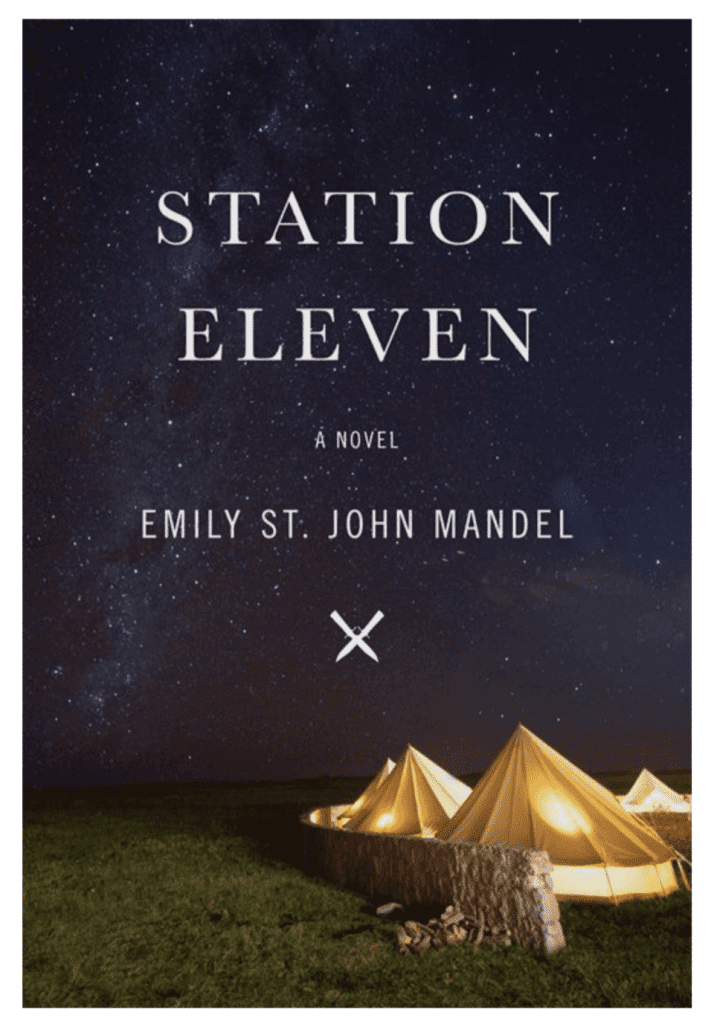
Station Eleven by Emily St. John Mandel (2014)
Jeevan found himself thinking about how human the city is, how human everything is. We bemoaned the impersonality of the modern world, but that was a lie, it seemed to him; it had never been impersonal at all. There had always been a massive delicate infrastructure of people, all of them working unnoticed around us, and when people stop going to work, the entire operation grinds to a halt.
No one delivers fuel to the gas stations or the airports. Cars are stranded. Airplanes cannot fly. Trucks remain at their points of origin. Food never reaches the cities; grocery stores close. Businesses are locked and then looted. No one comes to work at the power plants or the substations, no one removes fallen trees from electrical lines.
Jeevan was standing by the window when the lights went out.
–Emily St. John Mandel, Station Eleven
The miracle of Station Eleven is that it makes you feel so hopeful after the worst happens. In this case, the worst is a flu that sweeps across the world, killing 99.99% of all people.
Station Eleven picks up 20 years after with 28-year-old Kirsten. She is now a performer in the Traveling Symphony, a group that circles the Great Lakes region performing Shakespeare and symphonies for the settlements in the area.
The book dips back and forth in time with a number of characters who are all connected, and a dangerous prophet threatening all of them.
Some of the apocalypse-adjacent books I’ve read, like Cormac McCarthy’s The Road and Rumaan Alam’s Leave the World Behind, are the scariest books I’ve ever read. Devoid of hope. Station Eleven was remarkable by comparison. Even amongst the dangers — 24/7 lookouts, everyone carrying knives — people are good, and kind, and eager to create. People will get by after loosing everything. It left me feeling uplifted after.
Right now I’m watching the HBO miniseries of Station Eleven, and it absolutely outdid itself. It takes the story of a fantastic novel and fleshes it out enormously, building the world further, correcting every minor mistake in the novel (i.e. Jeevan being a paparazzo-turned-journalist-turned-paramedic, which was kind of weird and unnecessary, to just an unsuccessful blogger). I can’t recommend it highly enough.
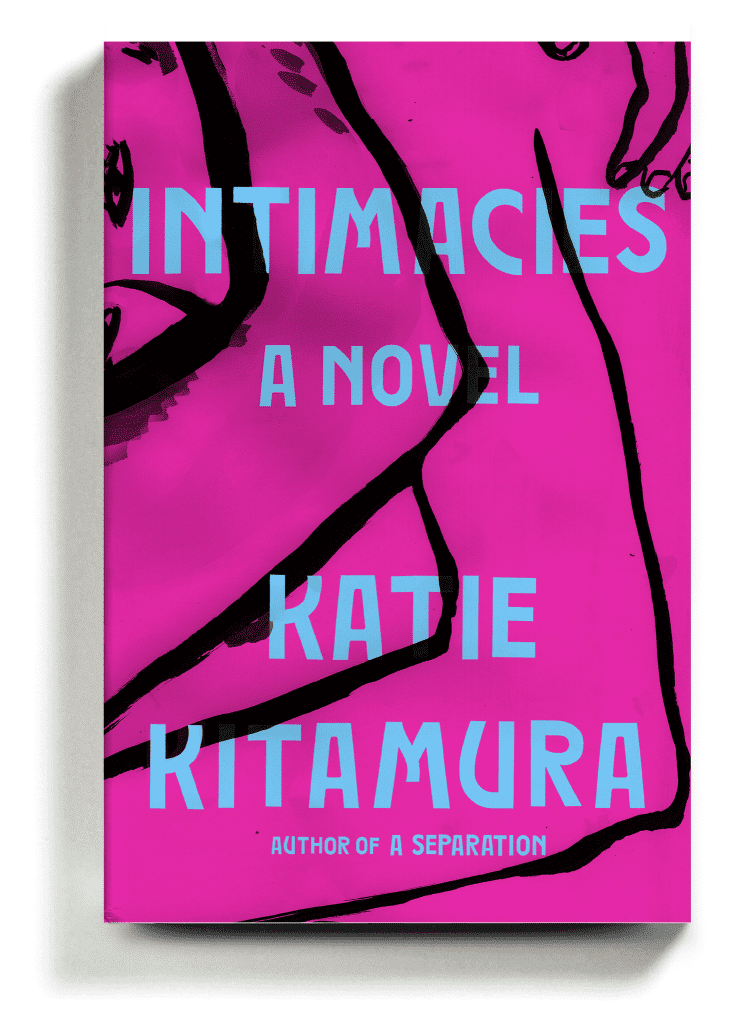
Intimacies by Katie Kitamura (2021)
Interpretation can be profoundly disorienting, you can be so caught up in the minutiae of the act, in trying to maintain utmost fidelity to the words being spoken first by the subject and then by yourself, that you do not necessarily apprehend the sense of the sentences themselves: you literally do not know what you are saying. Language loses its meaning.
Katie Kitamura, Intimacies
An interpreter at the International Criminal Court in The Hague is the protagonist of Intimacies. She is a woman of many languages with a multicultural background, looking for a place where she can fit in.
Soon she is assigned to interpret the testimony of an accused war criminal, as she realizes that her boyfriend may not be as separated from his wife as she thought. This book is about the art of high-stakes interpretation and how it affects our relationships.
For me, the highlight of this book was Kitamura’s writing. Gentle, spare, and often intense, but knowing when to pull back, too.
Interpretation is so much more high-stakes than I thought — especially at places like the ICC. It’s such a fine line that you walk — using the word with a fractionally different meaning could turn into a different verdict. And you’re expected to interpret the most horrifying testimonies as neutrally as possible, not even letting the words settle in your head.
And I’m a huge fans of books about work that teach you about the ins and outs of different careers. I love that interpretation was covered so well in this book.
But more than anything, this book is about feeling uneasy in your surroundings, in your relationships. I enjoyed it enormously and I can’t wait to read more of Kitamura’s books. A Separation is next on my list.
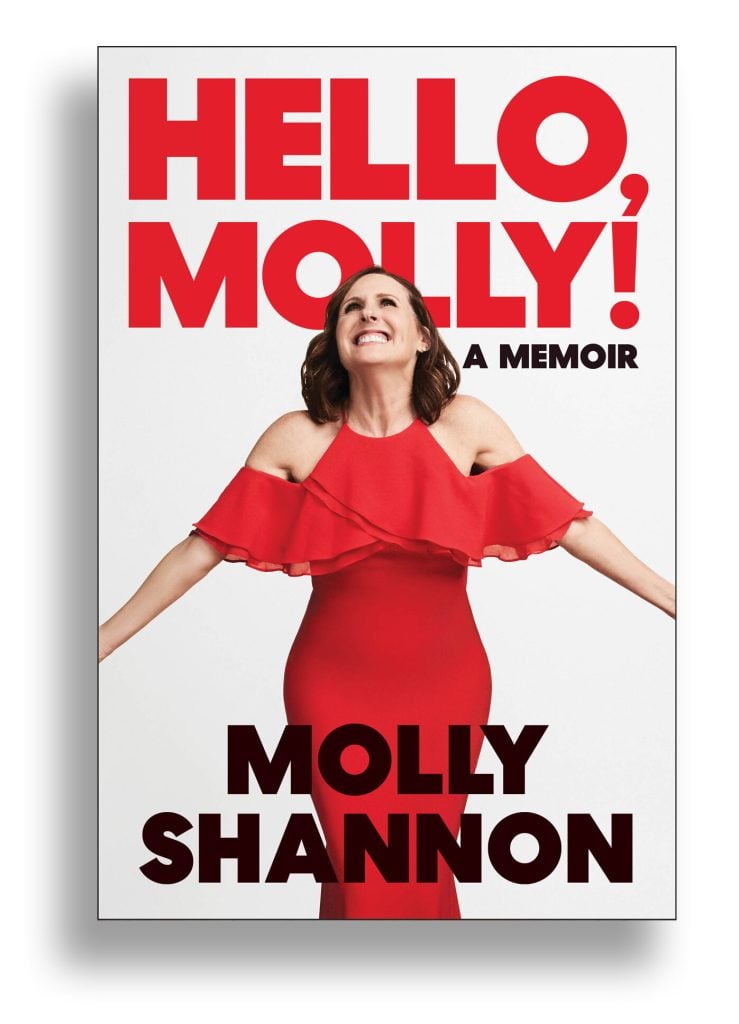
Hello, Molly! by Molly Shannon (2022)
I briefly dated a software developer. We went to this wonderful restaurant a couple of times and had this delicious chicken with these diverse, tangy sauces—artichoke garlic aioli, Thai sweet chili—and we talked about whatever while I ate this chicken and dipped the pieces into the otherworldly sauces. Meanwhile I thought, God, I think I really like him.
Then we went back again and had the same chicken and sauces—and I thought, God, I feel like I’m really falling for him.
Then we went on a third date to a different restaurant and I suddenly realized—now that the chicken and sauces had been removed—he was kind of boring and it was just the tasty chicken that I loved. I looooooooooove chicken.
Molly Shannon, Hello, Molly!
They say that the SNL seasons you remember most fondly are those from when you were in high school. And Molly Shannon was the biggest star of SNL when I was in high school! I’ve been a fan of her ever since, and was looking forward to her memoir, Hello, Molly!
Oh, but Molly’s LIFE! I never would have guessed her to have the most Dickensian background in Hollywood! When Molly was a toddler, her family was in a car crash, and her mother, baby sister, and young cousin died. Her father was a loving man and devout Catholic as well as an alcoholic, and he had no clue how to raise two young girls on his own.
Molly’s dad, in fact, is the star of this book. She actually based Mary Katherine Gallagher’s grandmother in the movie Superstar on him!
If you’ve seen Molly anywhere, you know her talent is undeniable. And everyone noticed from a young age — though she wanted to be a serious dramatic actress until she was encouraged to pursue comedy in college! Molly climbed the ladder to Hollywood with no connections whatsoever, with an endlessly optimistic outlook even through the struggle.
I’m still giggling about how she and her friend called every agent in Hollywood pretending to be David Mamet’s assistants, getting her casting meetings with big-time directors! Or how she and her friend actually sneaked onto a plane to New York as twelve-year-olds! And all the SNL years — SO many juicy nuggets in there.
But more than anything, this book is about Molly’s intense relationship with her father, a lifetime of ups and downs and shame, deep love, and acceptance. This book will take you on an unexpected ride.
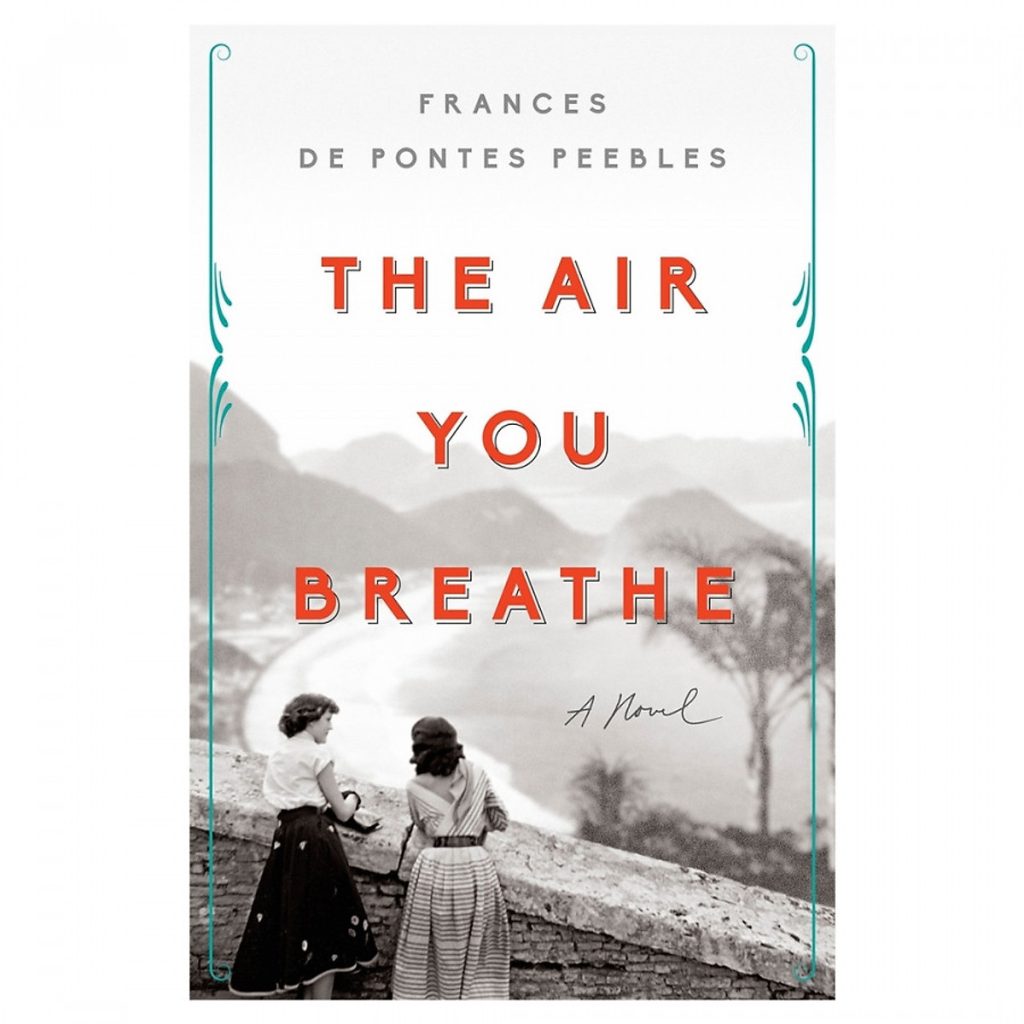
The Air You Breathe by Frances de Pontes Peebles (2018)
When you have no power in this world you must create your own, you must adapt to your environment and try to foil the many dangers around you, so a woman’s pleasantness—her smile, her grace, her cheer, her sweetness, her perfumed body, her carefully made-up face—isn’t some silly by-product of fashions or tastes; it is a means of survival. The performance may cripple us, but it keeps us alive.
Frances de Pontes Peebles, The Air You Breathe
I love books that bring destinations marvelously to life. While my all-time favorite is the depiction of Savannah in Midnight in the Garden of Good and Evil, The Air You Breathe does just as much magic with the Lapa neighborhood of Rio de Janeiro in the 1940s.
This novel tells the story of Dores and Graça, two girls from a sugar cane plantation in Northeast Brazil, one poor, one rich, both musically talented. After running away, they become local music stars in the bohemian Lapa neighborhood of Rio de Janeiro before creating a samba band and moving to Hollywood to make it in American movies.
This story, like Elena Ferrante’s Neapolitan Novels or Zadie Smith’s Swing Time, is about an intense, multi-decade friendship between two women. Their entire lives, they are the most important people to each other. And nothing erases that, not even their loves, their lows, their professional competition.
There are two things that this book does strongly. One is the location, showcasing a mid-century Brazil in a different way than I had expected, with lots of queer and colorful characters. The second is the relationship, a longing between the two women that ebbed and flowed over the course of years.
If you want a book to transport you to another world, this is the one.
What were your favorite books you read this year?